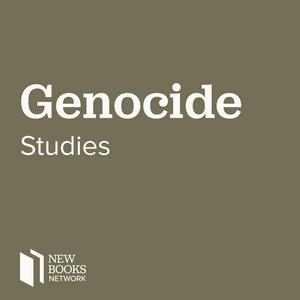Stanislav Kulchytsky, "The Famine of 1932-1933 in Ukraine: An Anatomy of the Holodomor" (CIUS Press, 2018) - A Conversation with Bohdan Klid
The Famine of 1932–1933 in Ukraine: An Anatomy of the Holodomor (CIUS Press, 2018) is a distillation of thirty years of study of the topic by one of Ukraine’s leading historians. In this account, Stanislav Kulchytsky ably incorporates a vast array of sources and literature that have become available in the past three decades into a highly readable narrative, explaining the motives, circumstances and course of this terrible crime against humanity. As the author shows, the Holodomor was triggered by the Bolshevik effort to build a communist socioeconomic order in the Soviet Union. For the peasant majority of the population, this meant the forcible collectivization of individual farms, the seizure of livestock and farm implements, and the conversion of independent farmers into agricultural laborers. Excessive requisitioning of grain and other foodstuffs in the collectivization drive led to famine and deaths in grain-producing regions of the USSR by early 1932.
In Ukraine, punitive measures authorized by the Kremlin’s top leadership greatly worsened the famine in late 1932 and turned it into the Holodomor, which claimed more than three million lives in the first half of 1933. Identifying key events and decisions that produced the Holodomor, Kulchytsky analyzes economic and political factors, including the national dimension in Ukraine. The book begins with the author’s address to the reader, presenting his view of the Holodomor as genocide. In addition to the main text, the volume includes a preface, afterword, glossary, list of abbreviations and acronyms, bibliography, and a short essay on the author and his writings.
The Famine of 1932-1933 in Ukraine: An Anatomy of the Holodomor was prepared for publication by the Holodomor Research and Education Consortium (HREC) of the Canadian Institute of Ukrainian Studies, Faculty of Arts, University of Alberta. HREC undertook the translation of Stanislav Kulchytsky’s monograph Ukraïns’kyi holodomor v konteksti polityky Kremlia pochatku 1930 rr. as part of its efforts to make available in English seminal works by Ukrainian scholars of the Holodomor.
Learn more about your ad choices. Visit megaphone.fm/adchoices
Support our show by becoming a premium member! https://newbooksnetwork.supportingcast.fm/genocide-studies


